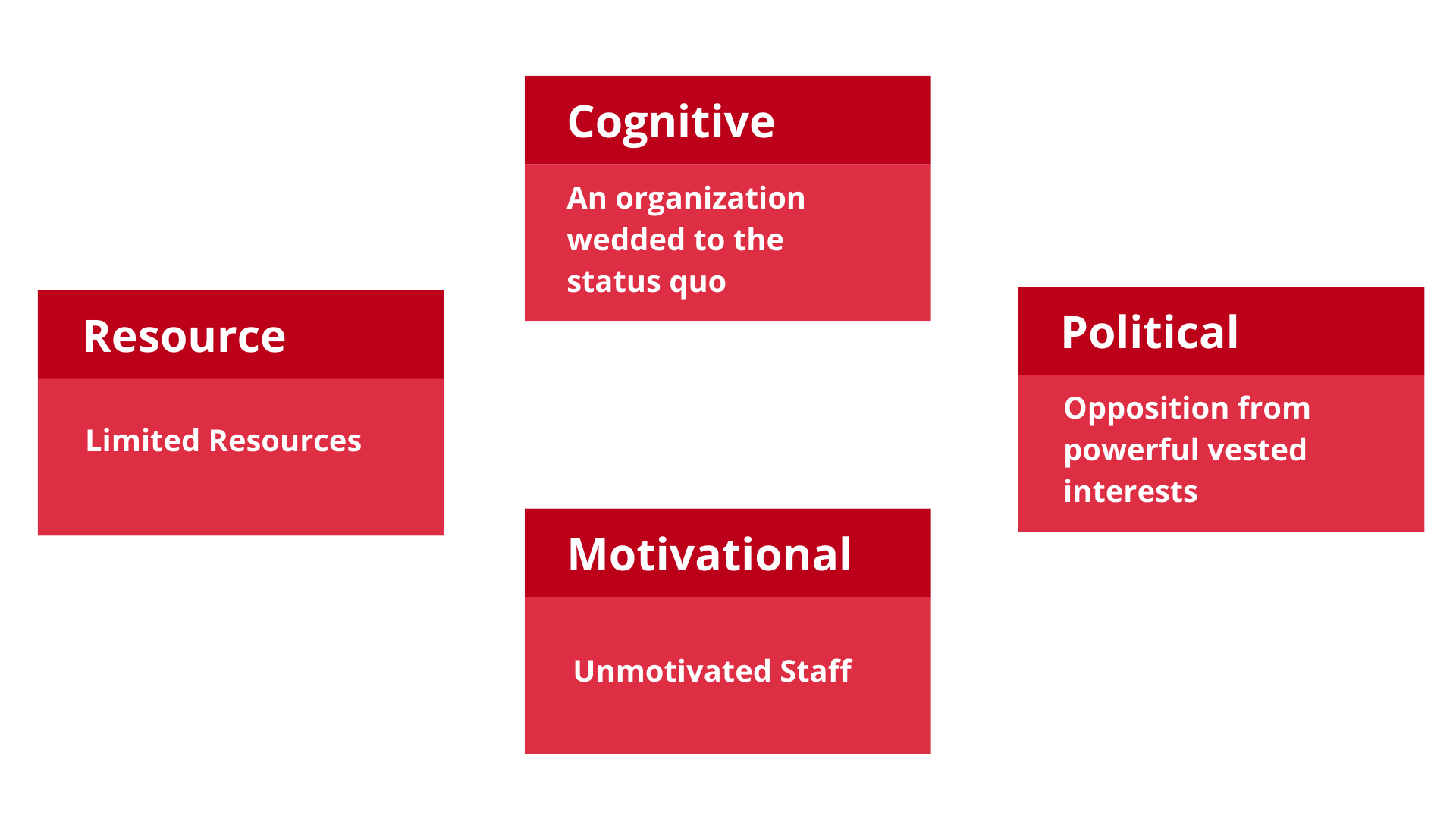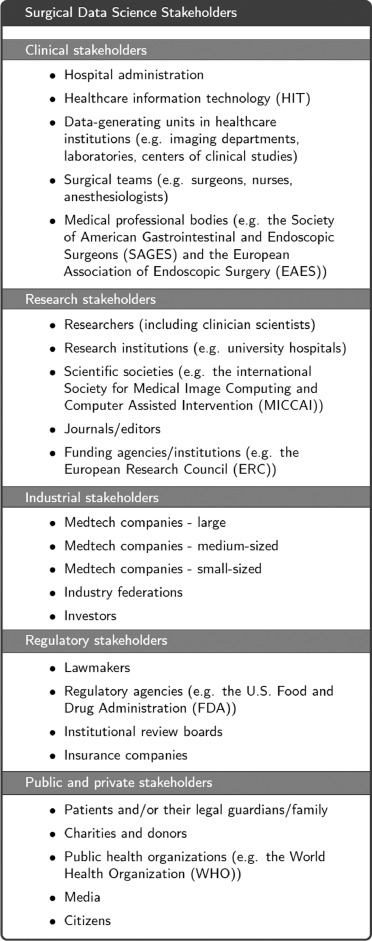Instrumental Inc., a leader in manufacturing optimization software, today announced that its Instrumental AI Manufacturing Optimization platform is now available on the SAP® Store and is part of SAP’s industry cloud portfolio for high-tech industries. Instrumental’s platform integrates with the SAP Digital Manufacturing Cloud solution to help companies automatically discover anomalies, derive more value from their existing data, and continuously monitor the health of their manufacturing programs so they can produce products faster and more efficiently bring fewer errors to market.
“Manufacturing teams – from individual engineers to the executives who lead them – understand that their success is directly related to their ability to start on time and meet revenue targets,” said Anna-Katrina Shedletsky, CEO and founder of Instrumental Inc. “In an increasingly digital industry, they need data at all stages of New Product Introduction (NPI) and Mass Production (MP) to make this happen. We are proud to launch our platform on the SAP Store to help more manufacturing teams access the critical data they need to bring quality products to market.”
Instrumental Inc. builds core manufacturing data infrastructures for some of the world’s most admired electronics brands. Its AI-powered manufacturing optimization platform has helped companies save millions of dollars* by streamlining failure analysis for global engineering, operations, and contract manufacturing teams. Customers have noted the following benefits of the Instrumental AI Manufacturing Optimization platform:
Also read: Why companies should choose intelligent automation over robotic process automation
“The Instrumental AI Manufacturing Optimization platform complements our portfolio in high-tech industries, empowering manufacturing teams to accelerate new product introductions and improve manufacturing line quality,” said Jeff Howell, Global VP, High Tech Industry Business Unit at SAP. “This is a great example of how collaboration between our organizations can create value for customers. We look forward to continuing to partner with Instrumental to develop innovative cloud solutions and applications for customers looking to drive cost-effective and sustainable growth in their industry.”
To enable enterprises to become intelligent enterprises, SAP is expanding its vertical solutions with an ecosystem of industry-specific cloud solutions. These solutions complement the existing SAP portfolio to increase the value of shared customer investments. Instrumental Inc. works with SAP to create offerings that address specific high-tech needs so customers can achieve positive business outcomes.
Instrumental Inc. is a partner in the SAP PartnerEdge® program. The SAP PartnerEdge program provides the enablement tools, benefits, and support to facilitate the creation of high-quality, disruptive applications that address specific business needs—quickly and affordably.
*Data based on internal revenue and business impact statistics
Watch the new Enterprisetalk podcast. For more such updates, follow us on Google News Enterprisetalk News.
What does SAP in manufacturing stand for?
SAP means “System Applications and Products in Data Processing”. The SAP software system was developed in 1971 by five IBM engineers, Hopp, Wellenreuther, Hector, Tschira and Plattner, who worked together on an internal project.
What does SAP manufacturing mean? What is SAP manufacturing? SAP manufacturing solutions enable your company to integrate and embed intelligence into manufacturing processes to support the principles of Industry 4. On the same subject : Larry Ellison’s latest ambition: to create a national health database.0 with a single source of real-time information.
What is SAP stand for?
First, let’s break down the acronym for SAP – Systems, Applications, and Products. The software itself was developed by one of the largest software companies in the world, SAP (both the company and the software share the same name).
What is SAP on a computer? To see also : Are Black Businesses Ready For Another Recession?.
SAP, or Systems Applications and Products, is a widely used ERP (Enterprise Resource Planning) software.
What is SAP and why it is used?
SAP is one of the world’s leading manufacturers of software for business process management and develops solutions that enable effective data processing and a cross-company flow of information.
What is SAP and why it is used?
SAP is one of the world’s leading manufacturers of software for business process management and develops solutions that enable effective data processing and a cross-company flow of information. Read also : The report indicates that DSV has interests in acquiring C.H. Robinson’s Global Forwarding Business.
What is SAP and examples?
SAP ERP is an enterprise resource planning software developed by the SAP SE company. ERP or Enterprise Resource Planning software is modular software designed to integrate the main functions of an organization’s core business processes into a unified system.
What is SAP and how it works?
SAP is the most widely used ERP software on the market and comes with hundreds of fully integrated modules covering almost every aspect of running a business. Using SAP creates a centralized system for businesses, allowing each department to access and share data to create a better work environment for every employee.
What is SAP system in industry?
SAP stands for system applications and products in data processing. By definition, SAP is also the name of the ERP (Enterprise Resource Planning) software, as well as the name of the company.
What type of system is SAP?
SAP software is a centralized enterprise management system, also known as enterprise resource planning. The abbreviation of SAP is Systems Applications and Products in Data Processing.
What is SAP system and how it works?
SAP is the most widely used ERP software on the market and comes with hundreds of fully integrated modules covering almost every aspect of running a business. Using SAP creates a centralized system for businesses, allowing each department to access and share data to create a better work environment for every employee.
Why SAP is used in industries?
SAP offers “future-proof cloud ERP solutions that will power the next generation of business.” With its advanced features, SAP can increase your business’ efficiency and productivity by automating repetitive tasks and making better use of your time, money, and resources.
Why is SAP used in companies? SAP offers “future-proof cloud ERP solutions that power the next generation of business†. With its advanced capabilities, SAP can increase the efficiency and productivity of your business by automating repetitive tasks and making better use of your time, money, and resources.
Why SAP is important in the industry?
It provides real-time information across all departments. The SAP ERP system provides control over various business processes. The centralized system increases productivity, provides better inventory management, supports quality, reduces raw material costs, enables effective human resources management, reduces expenses and increases profits.
What is SAP and why is it important in the workplace?
SAP is the most widely used ERP software on the market and comes with hundreds of fully integrated modules covering almost every aspect of running a business. Using SAP creates a centralized system for businesses, allowing each department to access and share data to create a better work environment for every employee.
Why SAP is so important today?
SAP is the world market leader in the field of business software. More than 300,000 customers worldwide use SAP products to handle their business processes (e.g. controlling, sales, production, logistics, human resources, marketing, etc.).
What industries use SAP the most?
Manufacturing, life science, distribution, engineering, and business services are the top industries using SAP Business ByDesign, but healthcare, energy, education, telecom, finance, and retail also use it heavily.
What size companies use SAP?
We have data on 28,274 companies using SAP ERP. The companies using SAP ERP are most commonly found in the United States and in the computer software industry. SAP ERP is most commonly used by companies with 50 to 200 employees and $1 to $10 million in revenue.
What industry is SAP in?
| Company logo since 2011 | |
|---|---|
| Type | Public (Societas Europaea) |
| Industry | Enterprise Software Enterprise Software Cloud Computing Consulting |
| Founded | Weinheim, Germany (1972) |
| founder | Dietmar Hopp Hans-Werner Hector Hasso Plattner Klaus Tschira Claus Wellenreuther |
What is the purpose of a SAP?
By centralizing data management, SAP software provides multiple business functions with a single view of the truth. This helps organizations better manage complex business processes by giving employees across departments easy access to real-time insights across the enterprise.
What is SAP and its benefits?
SAP allows good integration of all data with different databases. Because of this, this system is able to streamline business processes, allowing companies to collect data more easily and efficiently. Increase product vita. The SAP system can increase employee productivity as the program is well integrated.
What are the 4 types of manufacturing processes?
The four main types of manufacturing are casting and forming, machining, joining, and shearing and forming.
What are the 6 different types of manufacturing processes? The Six Types of Crafting – Complete Guide
- Repeated manufacturing.
- Discrete Manufacturing.
- contract manufacturing.
- Continuous process manufacturing.
- Batch Process Manufacturing.
- 3d printing.
- Related Articles.
What are 3 types of manufacturing?
There are three types of manufacturing processes; Make-to-stock (MTS), make-to-order (MTO) and manufacture-to-order (MTA).
What are the three steps of manufacturing?
There are three main phases of the process for an MRP implementation – plan/prepare, configure/implement, and go-live/post-go-live.
What is basic manufacturing process?
What is a basic manufacturing process? A manufacturing process is an established method of converting raw materials into large quantities of salable products. Depending on the product and organization, manufacturing processes can range from surprisingly simple to extremely complex.
What is basic manufacturing?
What is Manufacturing? Manufacturing is a production process in which raw materials are used as input and processed into a finished product.
Where are machines made?
Today, most major factory equipment manufacturers from Mazak to MAG operate factories in China. The reason is simple: local demand. China has been the world’s largest consumer of machine tools for a decade.
What is IM&C industry?
Industrial Manufacturing, Machines and Components (IM&C)
What does SAP do exactly? SAP is one of the world’s leading manufacturers of software for business process management and develops solutions that enable effective data processing and a cross-company flow of information.
What did SAP stand for?
While SAP is usually referred to in its abbreviated form, it actually stands for systems, applications and products in data processing.
What did SAP originally stand for?
The company, founded in 1972, was initially called Systemanalyse Programmentwicklung, later abbreviated to SAP.
What is SAP most known for?
As the market leader in business software, SAP makes companies intelligent companies. Our applications and services enable customers to operate profitably and continuously adapt. With a global network of customers, partners, and employees, SAP helps make the world a better place and improve people’s lives.
How does SAP work in manufacturing?
SAP Digital Manufacturing Cloud Capture data from various manufacturing operations management (MOM) and automation systems by integrating multiple systems and standards-based interfaces. Accelerate root cause analysis with advanced algorithms and machine learning to facilitate continuous business improvement.
What does SAP mean in manufacturing?
SAP means “System Applications and Products in Data Processing”.
How SAP is used in manufacturing?
What is industrial machinery and components?
Industry Definition For the purpose of this e-book, the industrial machinery and components industry is defined as companies that provide automation and control solutions, machines and equipment for industrial manufacturing, energy and infrastructure.
What is machine industry? Machinery industry is a sub-sector of industry that manufactures a range of products from power tools, various types of machines and household appliances to factory equipment, etc.
What is machinery and equipment industry?
Mechanical and plant engineering focuses almost exclusively on the supply of capital goods or their components to other economic sectors such as industry, agriculture or construction in order to improve their productivity growth and quality.
What is a machinery and equipment?
Machinery and Equipment means industrial apparatus, equipment and support facilities, as well as tangible personal property that becomes a part or part thereof, including repair and replacement parts.
What is the machinery manufacturing industry?
Industrial machinery manufacturing includes the manufacture of all mechanical machinery for use in mining, manufacturing, energy and construction sectors, as well as household appliances (e.g. air conditioning).
What is machinery and equipment examples?
Machinery and Equipment means machines, equipment, tools, vehicles, furniture and fixtures, leasehold improvements, repair parts, tools, facilities, laboratory and office equipment and supplies, computer hardware and software, computer network equipment, engineering and construction equipment, test equipment and others…
What is machine and example of machine?
Machine is defined as a mechanical device. An example of a machine is an electric bread maker.
What are the machinery and equipment?
Machinery and Equipment means industrial apparatus, equipment and support facilities, as well as tangible personal property that becomes a part or part thereof, including repair and replacement parts.






